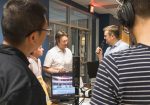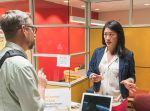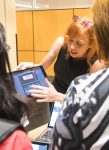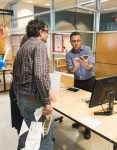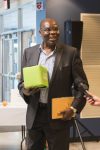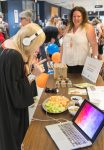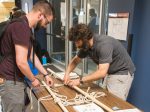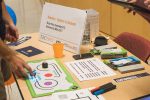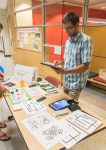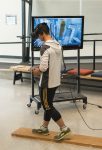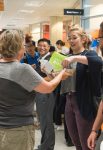
TEC Expo 2017 was held on July 12th and 13th. Thank you to all presenters, facilitators, sponsors and attendees for making this year’s TEC Expo a success!
See you at TEC Expo 2018!
Event Recap
With TEC Expo 2017 behind us, it is time to reflect. TEC Expo, or Technology Enhanced Classroom Expo, was created so faculty, students, staff, and guests can learn from each other. Each year we bring the Faculty of Education community together in the Scarfe foyer to share our biggest success stories and challenges when it comes to teaching with technology.
This year marked the fourth TEC Expo, and as with every year we tried to make it a more inclusive, accessible, and innovative event. We incorporated live video streaming for the first time, and ETS’ very own Bill Pickard conducted interviews with each presenter. All the videos can be viewed on the Professional Development and Community Engagement Facebook page. Hundreds of people joined us by watching live or after the event. The event was also live-tweeted using the #TECExpo2017 hashtag.
Another innovative addition to the event this year was the Emerging Media Lab, or EML. The EML is an exploratory space for people to discover the possibilities of virtual and augmented reality. If you are UBC faculty, student, or staff and didn’t get a turn in VR during TEC Expo, you can drop in on Tuesdays and Thursdays from 12:00 – 1:30pm at Neville Scarfe Building Room 1. The EML will be located in Scarfe until the end of August.
We continued an innovation from the 2nd and 3rd TEC Expos with a second day dedicated to Educational Making. There were opportunities to learn about food, knots, jewellery making, coding, robots, weaving, book making, button making, creating augmented reality experiences, experiencing a virtual stage, and the UBC seed library. It was an amazing array of educational makers sharing their experiences.
As always, it was a joyous occasion and our special honour to host the Faculty of Education’s fourth annual TEC Expo. We hope it helped you learn about new and emerging ways of teaching and learning, and facilitated constructive conversations about pedagogy. The presenters were an inspiration, and if you did not have the privilege to attend we encourage you to watch the archived live stream videos on the PDCE Facebook page.
Learn more about the presenters on the archived TEC Expo 2017 website using the tabs above, and check out the photo galleries below!
Day 1 Photo Gallery
- Dean Blye Frank
- Dean Blye Frank opens TEC Expo 2017
- Checking in at the welcome desk
- Welcome to Day 1 of TEC Expo 2017
- Dr. Marina Milner-Bolotin
- Kyle Stooshnov live streams to Facebook
- Thomas Onion joins the live stream
- David Hill interviewed on enhancing high performance coach mentoring and reflective practice
- Sharon Hu and Sky, Water, Earth
- Dr. Paula MacDowell on creating multi-touch books
- Social media in a refugee camp
- Dialogue circles on social media in Dadaab
- TEC Expo is an event about sharing experiences
- Ian Linkletter talks about what to look forward to with Canvas
- Louai Rahal demonstrates his rubric for online peer-assessment
- Dr. Sara Davidson joins the live stream
- Janet Chen and the Emerging Media Lab
- Dr. Mari Pighini on web-based guidance
Day 2 Photo Gallery
- Dr. Samson Nashon speaks at Educational Maker Day
- Yvonne Dawydiak welcomes everyone to Educational Maker Day
- Welcome to Educational Maker Day!
- EML
- Sensational Food
- Kimberley Rawes and Sensational Food
- Hart Banack teaches the Trucker’s Hitch knot
- Jewellery making with Simina Mattoo
- Coding with Microbits
- Ozobots following a path
- Secondary Teacher Candidate Bryce Kicia, Sphero, and Ozobots
- Making simple chokers with Simina Mattoo
- Elena Pederson of UBC Library presented about the UBC Seed Library
- Jay Rudolph teaches weaving: the first binary code
- Jo-Anne Naslund of UBC Education Library
- VR had a strong presence at TEC Expo
- Kyle Stooshnov and Thomas Onion
- Elementary Teacher Candidate Lauren Chapman presented about unplugged coding
- Weaving code
- Walking the plank in VR
- Drawing another TEC Expo winner!
- Day 2: Educational Maker Day
- Emerging Media Lab
- Book making and preservation
- Yvonne draws for prizes!
Check out the 2016 TEC Expo Day 1 in 360 degree video!
Check out the 2016 TEC Expo Maker Day in 360 degree video!
TEC Expo Archives
- View our TEC Expo 2016 Photo Gallery
- View our TEC Expo 2015 Video
- View our TEC Expo 2015 Photo Gallery
- View our TEC Expo 2014 Photo Gallery
Event Description
On July 12th and 13th this year, ETS hosted its fourth TEC Expo event in the Scarfe building foyer at 2125 Main Mall. The Technology Enhanced Classroom (TEC) Expo is an annual event designed to showcase and celebrate creative and innovative uses of technology in face-to-face, blended, and online classrooms within the Faculty of Education.
Event Information
Date: July 12th and 13th, 2017
Location: Scarfe foyer
Time: 1:00 – 2:30pm
Registration: not required. The event is free.
Day 1
July 12th featured:
- Instructors and students presenting educational technology they are passionate about
Day 2
July 13th was for Educational Maker Day:
- This is a hands-on day where facilitators and audience had the opportunity to experiment with digital tools and engage in both digital and non-digital creative making.
- There were both plugged and unplugged examples of ‘making’, and even some ‘make and take’ opportunities facilitated by Education Faculty, Teacher Candidates and Graduate students, as well as the Education and Woodward Libraries.
TEC Expo uses technology to enhance the traditional poster session format, with presenters able to dynamically showcase their courses or learning spaces on electronic displays. While browsing between the tables, visitors are able to view demos and engage in conversation with presenters.
Our goals are to encourage presenters and visitors to learn about new and emerging ways of teaching and learning, share their experiences, engage in meaningful conversations about pedagogy with colleagues, and to be inspired by various projects and course designs.
The 2016 TEC Expo was a success with over 20 faculty members and students demonstrating their work and celebrating technology-based educational tools in the Faculty of Education.
This event is free and open to all UBC students, staff and faculty
New features in TEC Expo 2017
- Can’t make it to the event? There are live-streamed conversations with the presenters
- We had a Virtual Reality (VR) corner featuring UBC’s Emerging Media Lab
- We demonstrated the new Learning Management Systems (LMS) – Canvas.
Interested in Presenting?
The deadline for presenters has passed and we are no longer taking in new applicants. Please look out for our event next year!
Need Help?
For more information, please contact the ETS office at ets.educ@ubc.ca or by phone at 604 822 6333.
Presenter Information
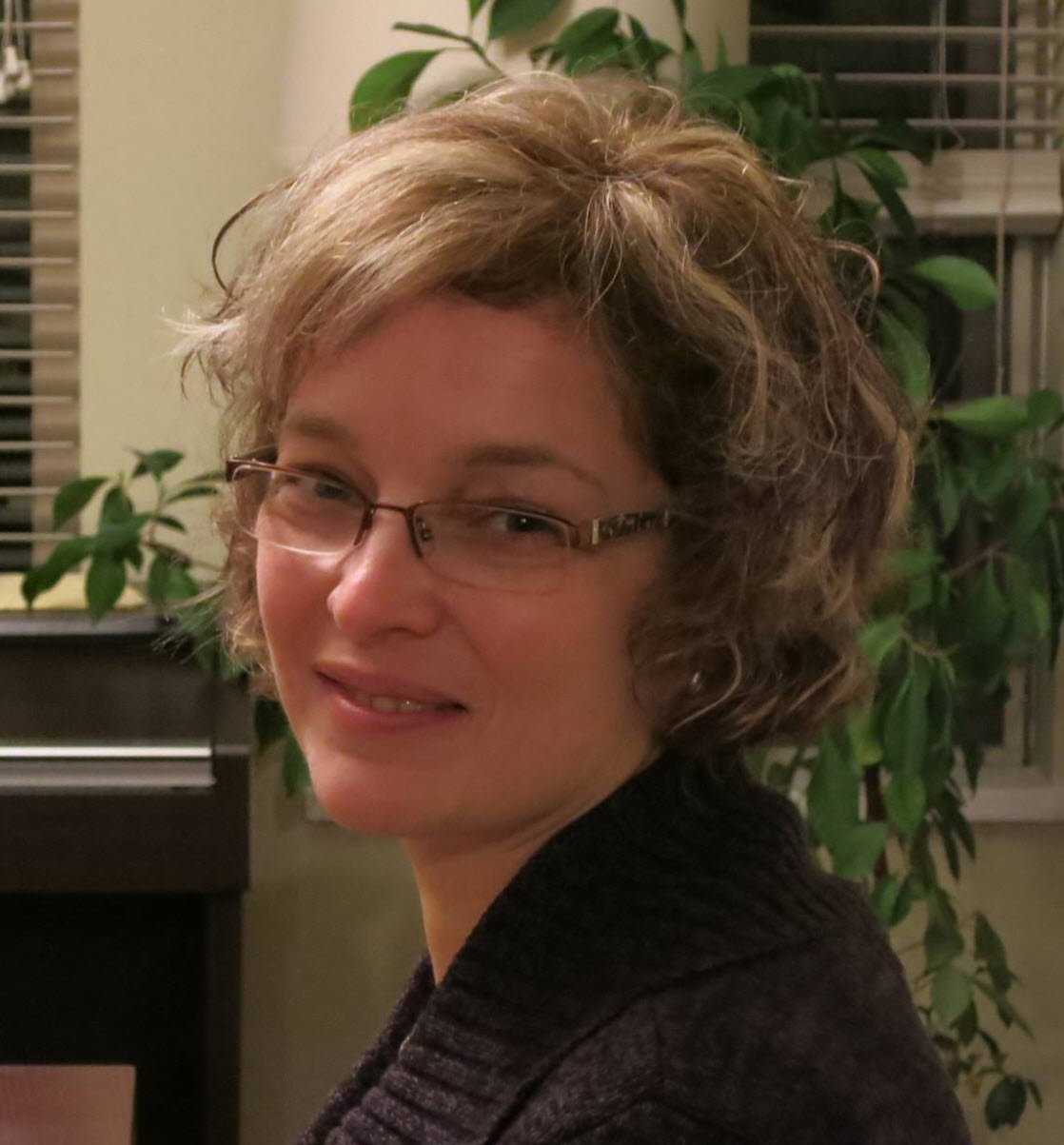
STEM education videos for teachers and students
Dr. Marina Milner-Bolotin, Associate Professor, EDCP
This project creates a database (hosted on a YouTube channel: https://tinyurl.com/kfospkb) of short videos demonstrating STEM experiments and hands-on inquiry activities relevant to the K-12 curriculum. The database is used to support Teacher-Candidates in the UBC Faculty of Education in their courses, on practicum and post graduation. It is open to the general public. These videos originate from hundreds of low-cost, safe, and ‘green’ hands-on STEM stations presented by the Teacher-Candidates to the general public during the annual UBC Faculty of Education Family Math and Science Day. Marina will be presenting the videos with Gerald Tembrevilla, who is also presenting on Camtasia.
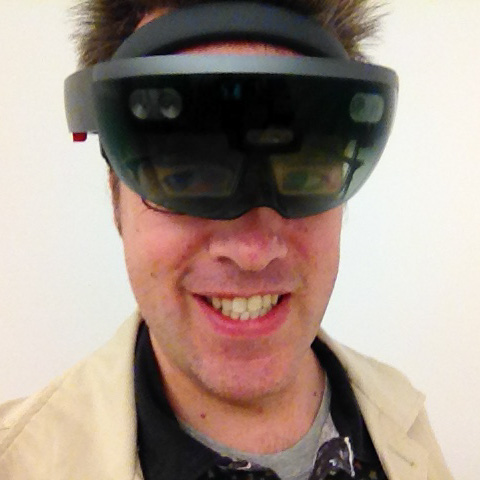
Steps towards a virtual stage
Kyle Stooshnov, PHD student, LLED Digital Literacy Center
Kyle has been researching on how to create a virtual reality avatar for the purposes of theatre education. Advances in the technology behind virtual reality over the past five years has made it possible to create a 360º stereoscopic glimpse of “reality” that fits onto a smartphone viewed through a cardboard box or head-mounted display like the Oculus Rift or HTC Vive. To be a fully immersive and interactive experience similar to live theatre, he has focused on a moment of audience interaction from a recent production of Okuni – Mother of Kabuki by local artist Yayoi Hirano. Her performance in motion capture is just one element of this virtual stage, which also features the audience who become less of a passive viewer, more of a participatory “spect-actor” as described by theatre theorist Augusto Boal in his Theatre of the Oppressed. There is an opportunity to make this immersive audience happen in classroom through commonly-found digital tools like the iPad or laptop, and this Virtual Kabuki project is a step towards understanding how to make it happen.
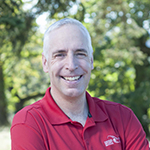
Enhancing high performance coach mentoring and reflective practice through graduate level coaching education
David Hill, MSc, Adjunct Professor
Emerging research has highlighted the use of formal and informal education (Vella, Crowe, & Oades, 2013) to enhance mentoring (Reade, Rodgers, & Spriggs, 2008; Robertson & Hubball, 2005) and reflective practice (Côté & Gilbert, 2009; Gilbert & Trudel, 2005) as strategies to improve coaching effectiveness (Nash, Sproule, & Horton, 2011).
The University of British Columbia’s new High Performance Coaching and Technical Leadership Masters degree program combines graduate level courses with NCCP Advanced Coaching Diploma designation. In partnership with the Canadian Sport Institute Pacific and the Coaching Association of Canada, the UBC program offers High Performance coaches a best-evidence research based approach together with practically applied programs consisting of four theme areas; Coaching effectiveness, Coaching Leadership; Training and Competition Readiness and Performance Planning.
A key feature of the program is its ability to select coaches who are working in a High Performance sport context and integrating courses through directed field studies allowing application of sport science concepts, mentoring and ongoing reflective practices. As a primarily online degree with two one-week residential face to face meetings, the program features a number of technologies to assist both mentor and coach to share coaching practices (UBC – Collaborative Learning Annotation System) and reflections (UBC blogs). This presentation will identify the overall structure of the UBC High Performance Coaching and Technical Leadership Masters degree, and the implementation of the mentoring and reflective practices through directed field studies.
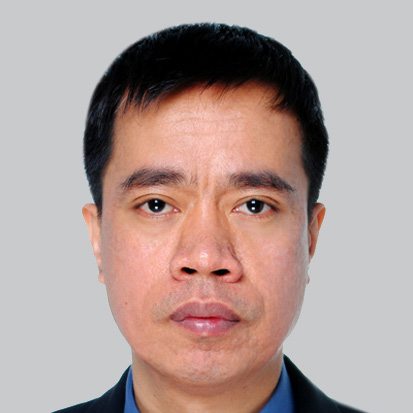
Camtasia: Bridging personalization and learning technology
Gerald Tembrevilla
Today’s learners are tech-savvy yet overwhelmed, impatient, and distracted. Research (Winnick, n.d.) shows that people interact with their phones (tap, type, swipe, click, etc.) a staggering 2, 617 and 5, 427 times a day for average and heaviest users, respectively.
So, how do we utilize people’s personal attachment to technology for effective learning? The answer lies in leveraging learning technology to implement personalized learning approaches.
In this 2017 Tech Expo, I will showcase the possibilities that CAMTASIA, a video editing software freely available to all UBC staff and students, can essentially bridge students’ personalized learning pathways across new BC curriculum subject areas by enhancing learners’ multiple intelligences (e.g. visual-spatial, verbal-linguistic), capitalizing learners’ needs, and facilitating social learning. Moreover, I will demonstrate that Camtasia is a powerful and user-friendly video making and editing tool that does not require advanced skills of a video professional editor. As a proof, I will present several sample videos that I have created under Dr. Marina Milner-Bolotin’s Teaching and Learning Enhancement Fund (TLEF) project.
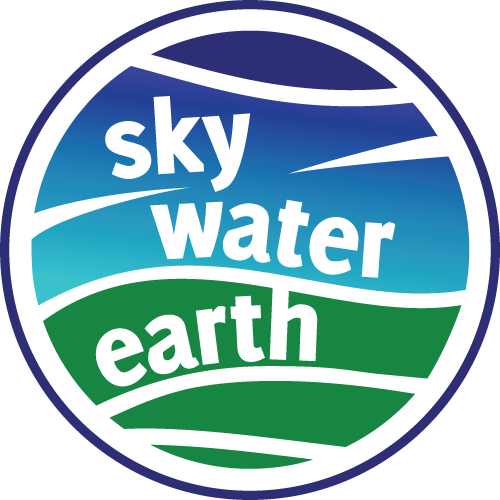
Connected Learning: Sky Water Earth
Sharon Hu, Intructional Designer/Multimedia Specialist
Sky, Water, Earth is a collection of free online and self-paced resources that prepare youths between 16-20 for a career in the sciences. In the collection are 6 playlists, or learning pathways, that cover 4 career-oriented competencies: communication, creative thinking, networking, and results oriented. As learners complete each playlist, they receive feedback from experts in the field and from their peers, build competencies valued by employers and schools, and create artifacts or experiences that can be highlighted on their resume. Playlist completion will be rewarded with real-world opportunities that include informational interview with professors, grad students, inventors, and experts; networking events hosted by the H.R. MacMillan Space Centre, Vancouver Aquarium Marine Science Centre, or Telus World of Science; job shadowing opportunities; LinkedIn recommendations; and others.
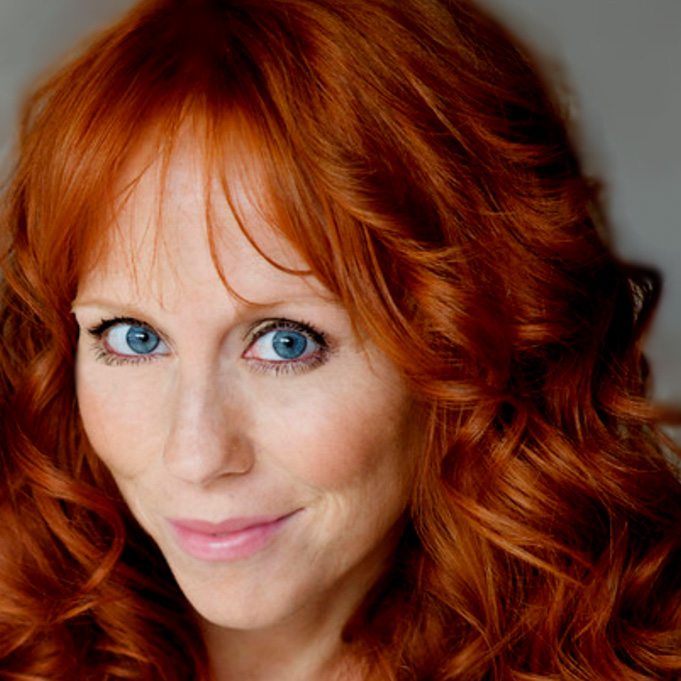
Creating multi-touch books and interactive curriculum content
Dr. Paula MacDowell, Postdoctoral fellow, Media & Technology Studies
Want to learn how to make an interactive digital story that brings your students’ work to life? Are you interested in: designing a course text that is a media-rich experience, translating your research into an interactive digital report, or making an educational tutorial that can be easily shared around the world? I will demonstrate examples of how to do this and more using iBooks Author, a free application that makes your documents come alive with a tap, swipe, or pinch. You can explore how to create compelling educational content using 3D objects, interactive diagrams, photo galleries, scrolling sidebars, popovers, slideshows, animations, videos, and your voice. With iBooks Author, it’s easy to create a storybook or textbook with multiple content contributors, diverse file formats, and interactive elements to liven up the read.
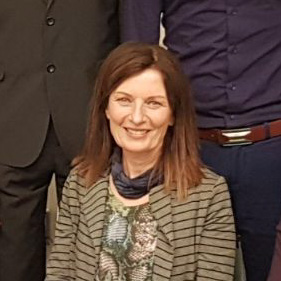
Dialogue circles on social media in a refugee camp
Dr. Karen Meyer, Associate Professor, EDCP
This presentation features insights from developing and enacting an online course with 40 teachers in Dadaab refugee camps in Northeaster Kenya, who are also students in a teacher education program. The course focused on the work of Paulo Freire and the importance of dialogue. During the course, a research team from Vancouver conducted ‘live’ dialogue circles with the teachers in Dadaab using WhatsApp on mobile phones.
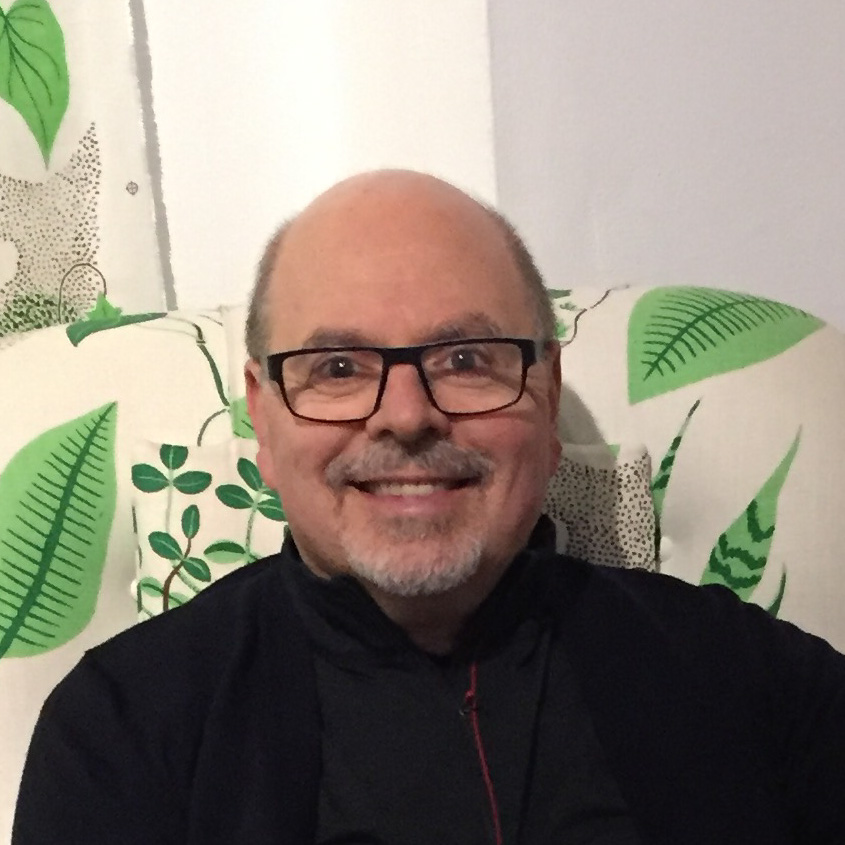
Can do – Learner competencies & digital badges
Victor Glickman, Director, & Colleen Hawkey Edudata Canada
Today, learning happens in many different environments – formal and informal, online and offline. Over time, learners gather skills and knowledge from a wide variety of sources. Edudata’s E-campus learning management system supports how educators can describe, validate and convey a clear picture of learners skills and experiences, and make their abilities stand out.
Digital Badges are a new type of credential being developed by some of the most prominent businesses and learning organizations in the world. The New York Times & the Harvard Business Review talk about badges as an innovative trend. What is a Digital Badge? Digital badges are actual portals that lead to accreditation information about what their bearers know, can do and have achieved. Why are Digital Badges Worth Implementing? Digital badges are emerging as a vital component of open, flexible learning systems as a way to signify participation and/or the development of competencies and skills that have value to both employers and employees. The presentation will present examples of Edudata Digital Badges projects in British Columbia.

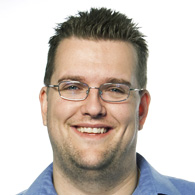
Connect to Canvas
Ian Linkletter and Bill Pickard, ETS
Ian Linkletter and Bill Pickard from ETS will be demonstrating Canvas, UBC’s new learning management system. A new LMS means new features to enrich and enhance teaching and learning. Canvas includes features such as a modern mobile app, enhanced assignment grading workflow, and wiki-like content pages. We are excited to explore Canvas with you and look forward to supporting you!
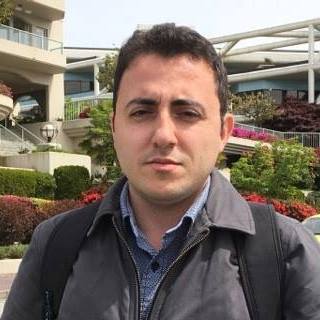
A web application for online peer-assessment
Louai Rahal
In this presentation I showcase a web application that I create and that allows students to upload a video, a text document, or an image and give and receive peer feedback. The peer assessment consists of a comment, a rating, and a rubric. A beta version of the application can be found on this link: http://louairahal.net/MSc/eLearning/ An improved version will be available in July. To try out the web application: Log in with the username louai and password lir01 or the username mary and password mr01 Teachers who are interested in using this application can email me the list of their students and I will create for each class a copy of the web application.
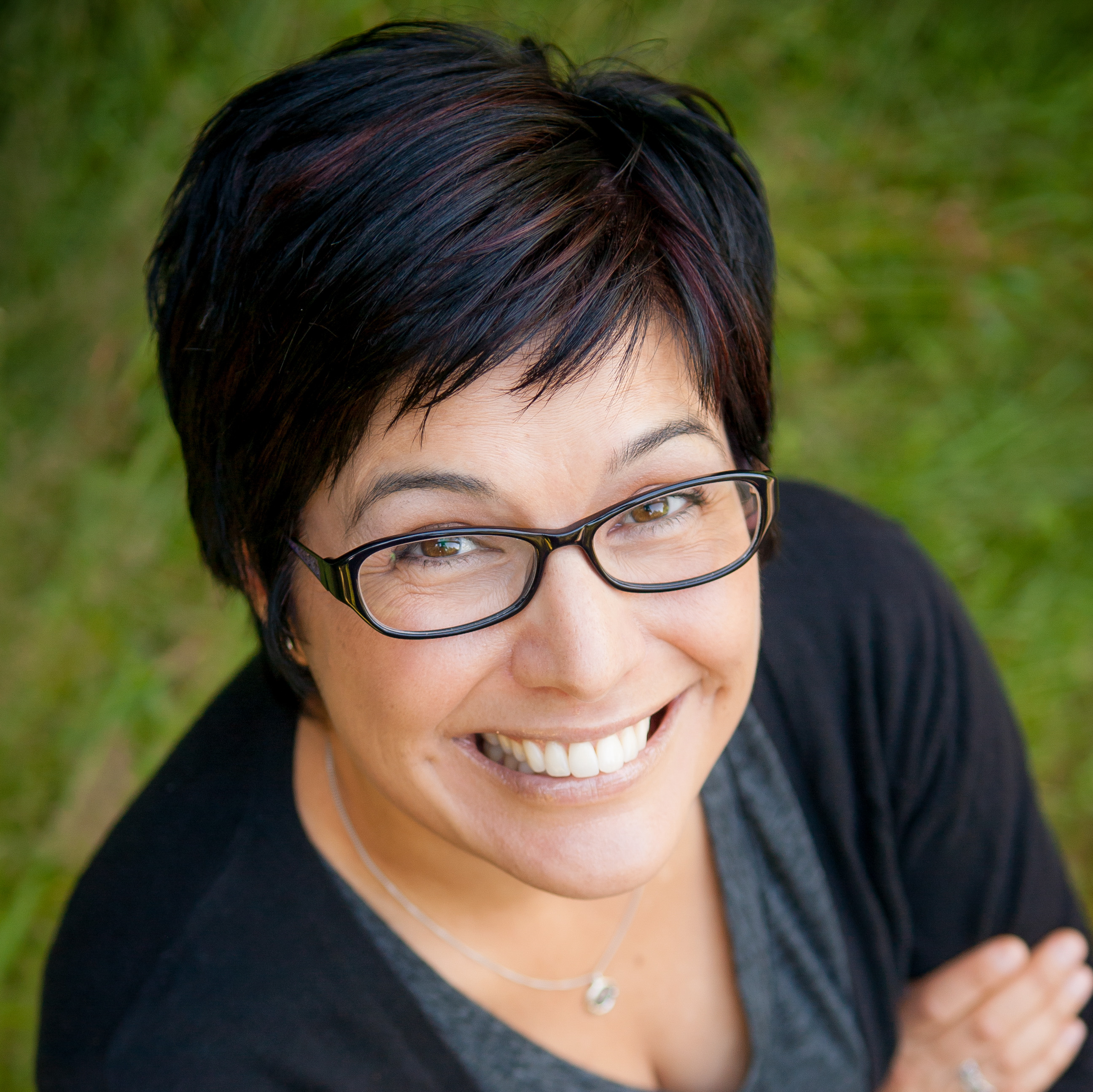
Building community and connecting to place in online environments
Dr. Sara Davidson, Phd, LLED
In this presentation, we will explore the use of Google Maps in the context of an online course module and a MOOC. We will share activities that supported building community in an online environment as well as the mapping of Indigenous presence in the areas where the students lived. You will have the opportunity to try out these activities and to think about ways to incorporate similar activities in your own courses.
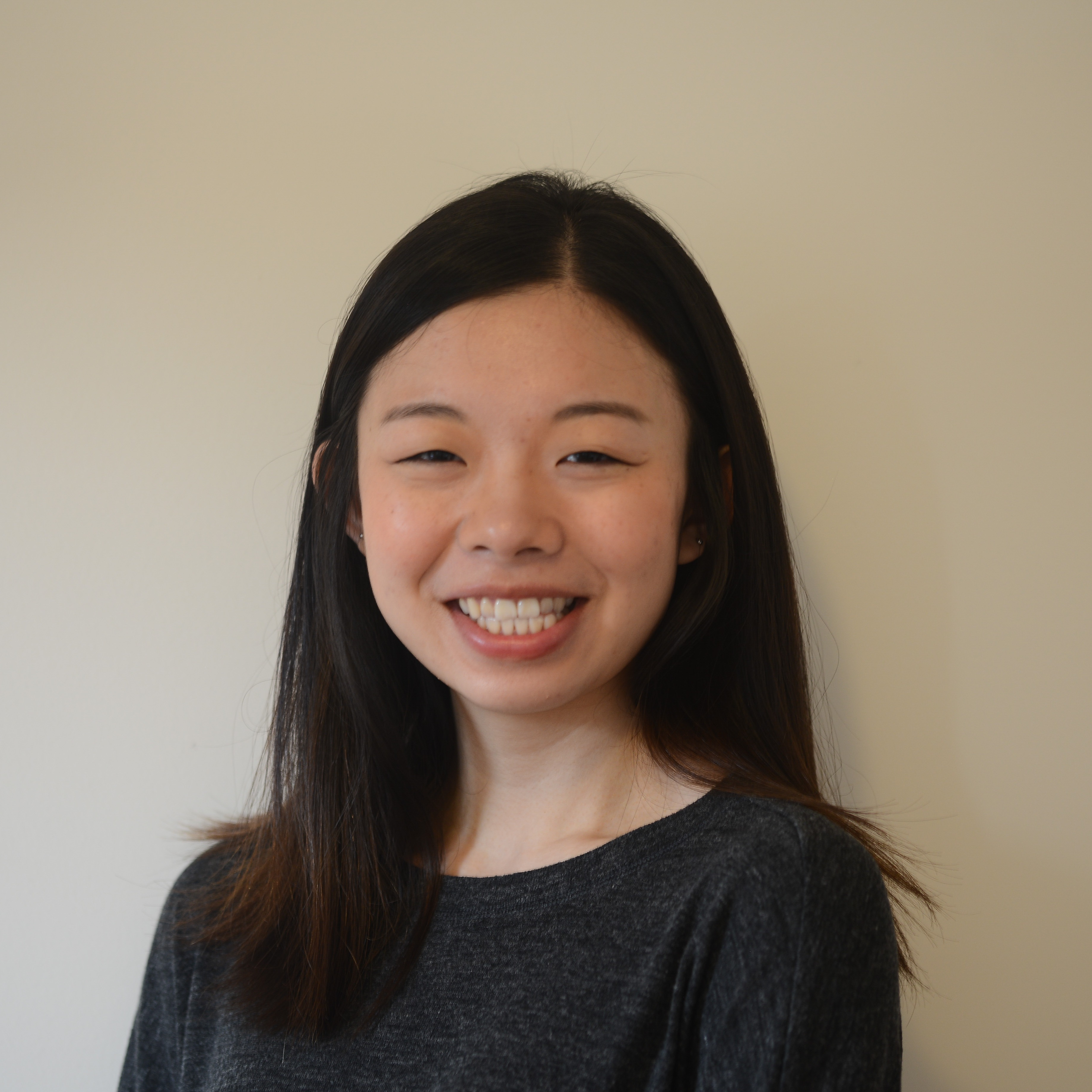
Emerging Media Lab: The educational possibilities of VR & AR
Janet Chen, Undergrad Student, AMS Game Developers Association (AGDA)
To support learning and research and to provide UBC with a leading edge among other top universities, the Emerging Media Lab provides a collaborative space for UBC faculty, students and staff to explore emerging technologies and develop innovative tools and solutions. We will be giving demos of the HTC Vive at our presentation and discussing the immersive and transformative learning possibilities that virtual and augmented reality may provide for students of any background and level.
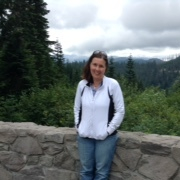
Web-based Guidance for ECE Capstone Projects
Dr. Mari Pighini, MEd Advisor, ECE
In my proposed presentation I intend to share the different ways in which I connect with my graduate students in the early childhood education (ECE) online cohorts, as I guide them through the completion of their capstone project. I will provide an outline of the project and its main characteristics as the capstone project is a requirement for graduation for the ECE MED online cohorts. I will describe the process of walking students through the different modules through Collaborate online sessions from proposal writing to project completion, and illustrate the different stages of the project with different samples from the previous cohorts (ECO 1- 4). I will also introduce the proposed e-portfolio capstone project format to be used with future cohorts (2017 and beyond) that moves away from the traditional chapter structure used in the current graduating projects while still recapping the student’s graduate experience in ECE.
Presenter Information
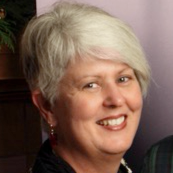
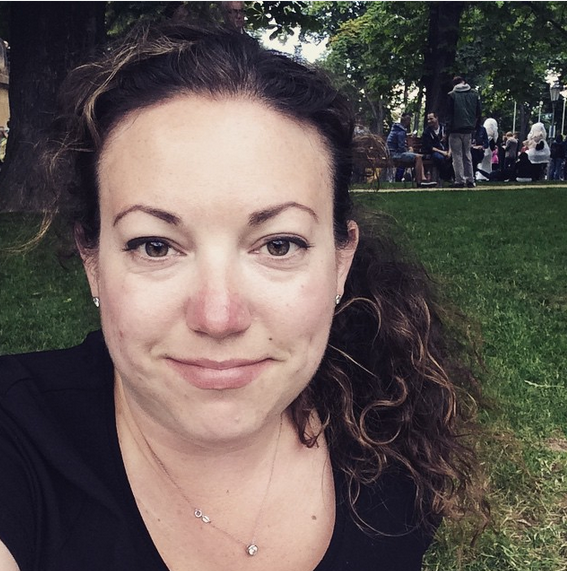
Sensational Food
Dr. Kerry Renwick and Kimberley Rawes, EDCP
Food is a great way to begin many opportunities for learning.
We use our five senses to discover and explore.
When you visit this display you will have an opportunity to become a ‘food detective’, to consider ways to describe food, and to think about key understandings about food in inclusive ways.
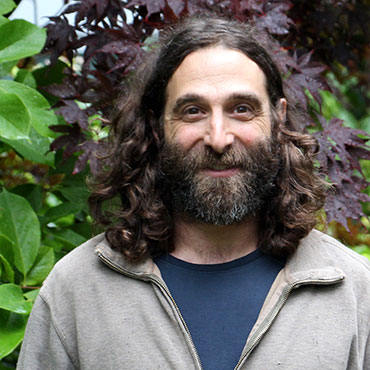
Knot Tying – be prepared for outdoor ed!
Dr. Hartley Banack, EDCP
Get some hands on practice with Hart Banack tying some knots that are useful for outdoor enthusiasts, boaters and anyone interested in securing a tarp! The Bowline and Trucker’s hitch will be the ‘focus knots’! Hart is a passionate educator and outdoorsperson involved in, among other pursuits, the Teacher Education program, the HOPE Masters program and the non-profit www.wildaboutvancouver.com.
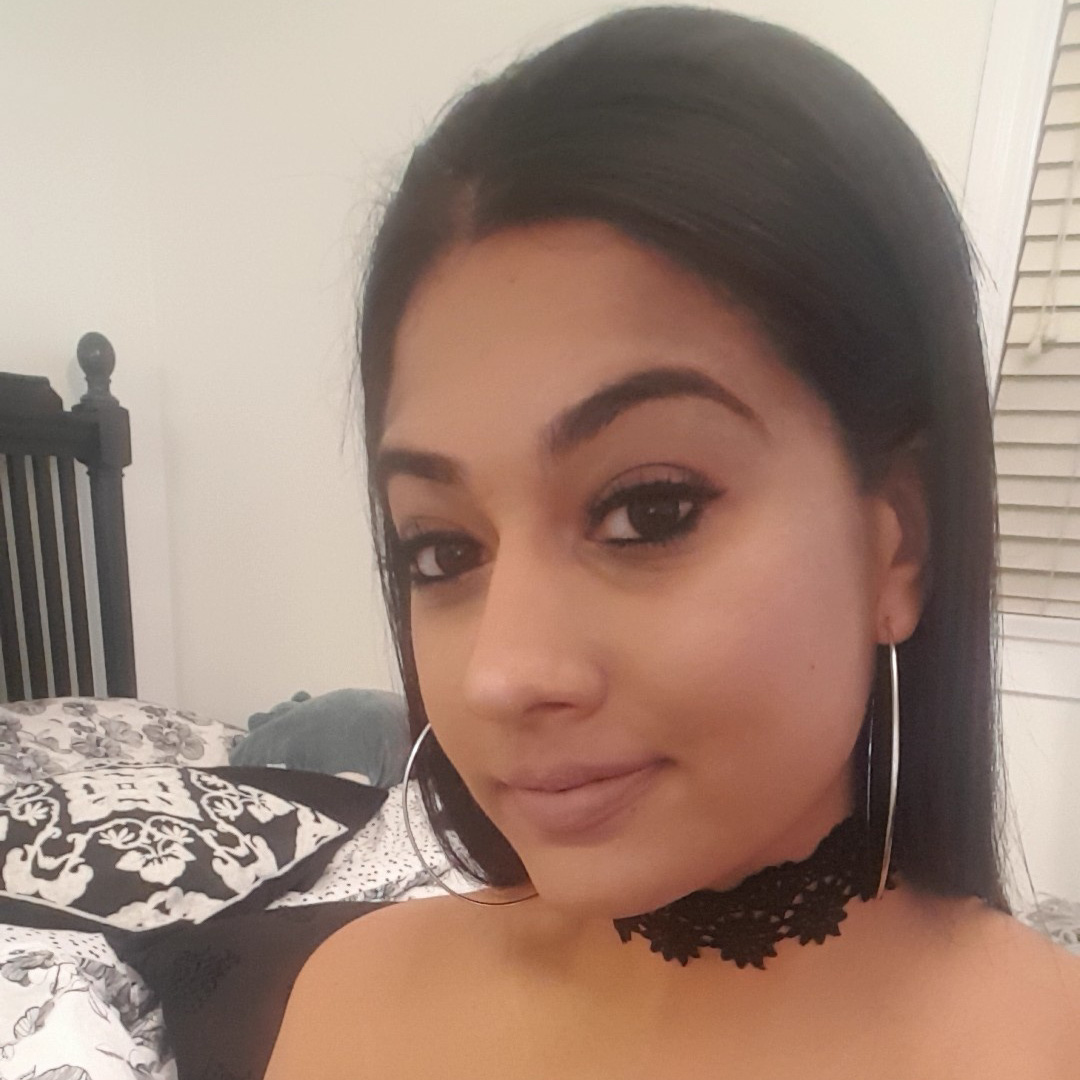
Fashion Chokers: Jewellery making
Simina Mattoo, Home Ec, Secondary Teacher Candidate, BEd 2017
Simina Mattoo is a Home Economics teacher candidate in the Education program offered at UBC. She has a passion for fashion and completed the Fashion Design program at UFV Abbotsford in 2014. Her love for textiles has translated into a small business idea that she launched in Summer 2016. Simina created a range of chokers – a trend that has gained a considerable amount of attention – and sell them to customers by using Instagram as her social media platform; it is where she markets herself and communicate with her clients. This presentation will demonstrate how to put a simple choker together, provide a list of supplies needed and have a range of trim for individuals to choose from. By the end of the session, each individual will have a handmade choker to take home and style as they wish!
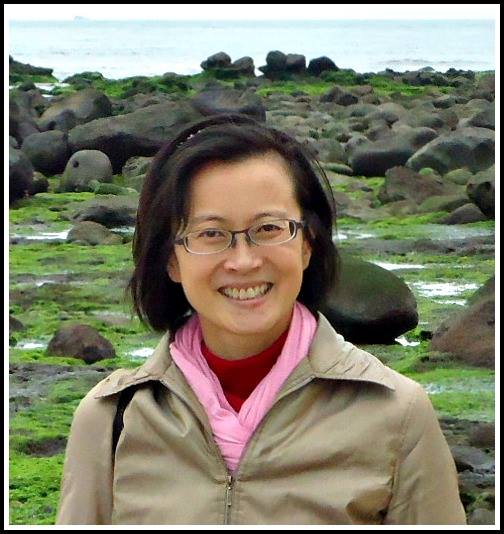
Coding with Microbits
Shirley Soo, Elementary Teacher Candidate, BEd 2017
Do you want to improve your students’ science, math, engineering skills? Teach your students to code. Come and learn to program the BBC micro:bit, a pocket-sized microcomputer using Microsoft Block Editor, one of the four programming languages compatible with this device. By dragging and dropping the blocks of instruction, and running the program, the results are instantaneous on the screen. The convert button allows you to see the blocks turned into scripts and the compile button activates the micro:bit. You can use a PC, tablet or smartphone with the micro:bit to create a game or wearable art. The possibilities are endless. Ideal for teaching young students new to programming and acting as a bridge to more advanced projects involving Arduino or Raspberry Pi.
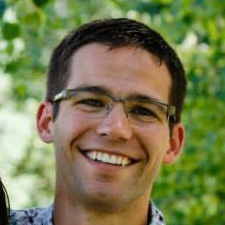
Robotics – Sphero & Ozobots
Bryce Kicia, Business Ed, Secondary Teacher Candidate, BEd 2017
Bryce, a Teacher Candidate in the secondary business education cohort, will facilitate a hands-on coding and robotic play table at MakerDay! During his practicum he taught accounting, marketing, and junior ICT courses. This allowed him to use various technologies in the classroom to engage students. He was even able to engage his students in a hands on coding unit. Upon graduation, Bryce, who is from Kamloops, plans to move with his wife and two kids to Penticton where he has been hired as a TTOC for the upcoming school year.
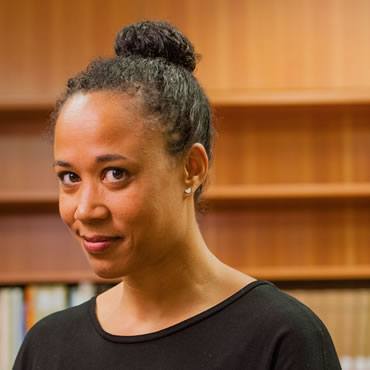
Book making
Anne Lama and Hannah McKendry, Woodward Library
Join two conservators from UBC Library to learn about bookmaking and preservation. They will have a display of tools used in preservation work and provide a demonstration of basic, non-sewn, non-adhesive books. Try making your own little mini-book!

Seed Library
Elena Pederson and Jo-Anne Naslund, Education Library
Join us at TEC Expo Maker Day to learn about the Education Library’s new Seed Lending Library. Explore the pedagogical possibilities of growing plants, saving seeds, and creating a garden. Browse a display of books to support classroom gardening and take part in a seeding activity. You will leave with your very own seedling and ideas about how you can engage students and make cross curricular connections through seeds.
Weaving: The first binary code
Jay Rudolph, Secondary Teacher Candidate, BEd 2017
Weaving technology is one of the first created by human beings; the industrialization of weaving is the immediate ancestor of the ‘computing machine’. Weaving is a binary code that integrates mathematics and coding within a practical and creative activity. I will demo and have looms for participants to try weaving, as well as info sheets of resources, books, materials and organizations.
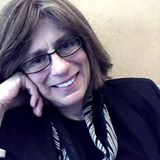
Button Making
Jo-Anne Naslund, Education Librarian
Join Jo-Anne Naslund from the Education Library and create your own summer/garden button!
Why not create a summery fashion statement with a colorful button! Draw your own image or bring images you would like to have preserved in a small button.

Create your own augmented reality experiences
Dr. Paula MacDowell, Postdoctoral fellow, Media & Technology Studies
Come try your hand at making interactive augmented reality content! Learn about the mobile apps and augmented reality t-shirts created by high school girls at the UBC Girls’ Makeathon. This maker education event integrated creative computing, collaborative prototyping, mentorship, and small group experiences with diverse tools and materials. #UBCchangemakers #makersmakethingsbetter

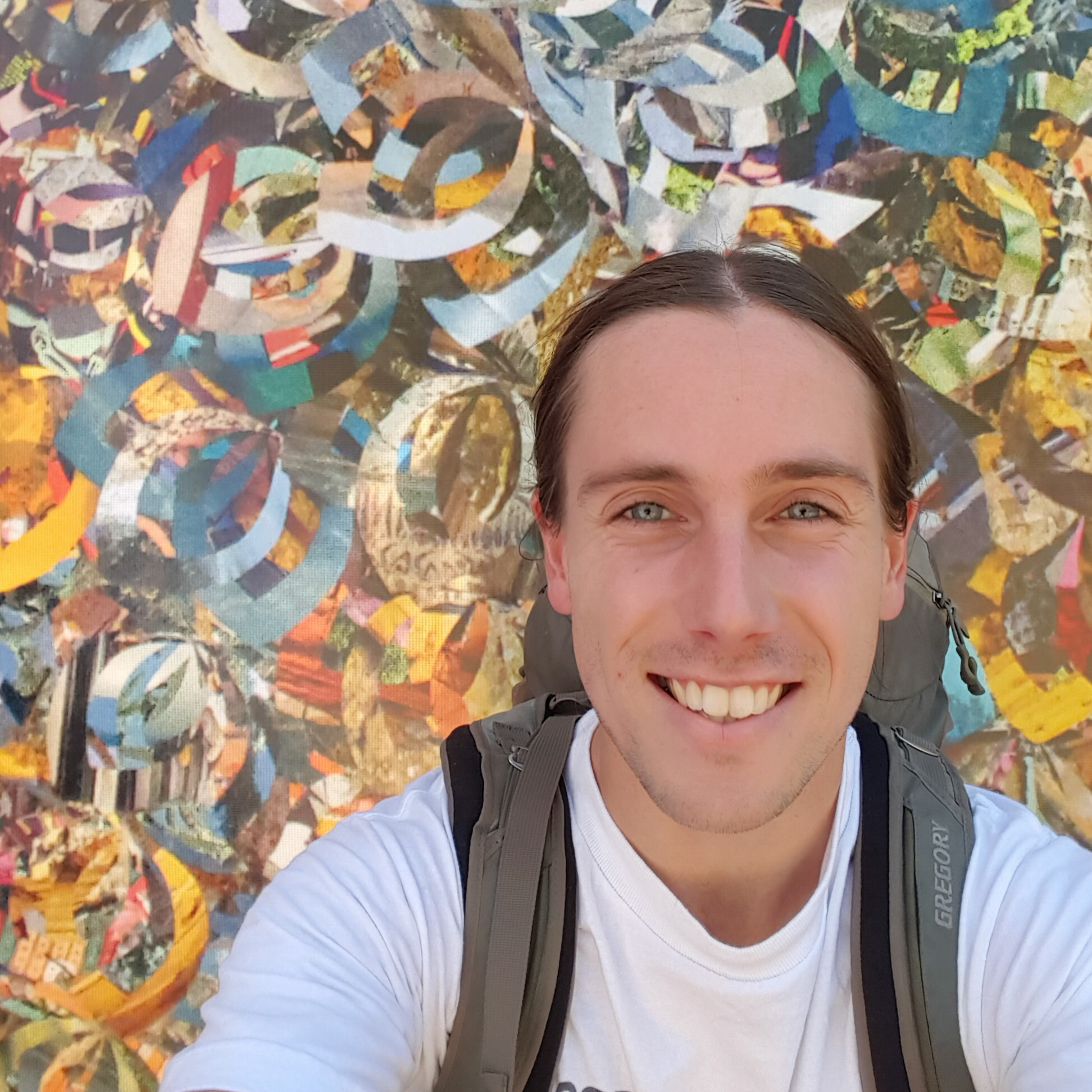
Steps towards a virtual stage
Kyle Stooshnov, PHD student, LLED Digital Literacy Center & Thomas Onion, Secondary Teacher Candidate, BEd 2017
Kyle has been researching on how to create a virtual reality avatar for the purposes of theatre education. Advances in the technology behind virtual reality over the past five years has made it possible to create a 360º stereoscopic glimpse of “reality” that fits onto a smartphone viewed through a cardboard box or head-mounted display like the Oculus Rift or HTC Vive. To be a fully immersive and interactive experience similar to live theatre, he has focused on a moment of audience interaction from a recent production of Okuni – Mother of Kabuki by local artist Yayoi Hirano. Her performance in motion capture is just one element of this virtual stage, which also features the audience who become less of a passive viewer, more of a participatory “spect-actor” as described by theatre theorist Augusto Boal in his Theatre of the Oppressed. There is an opportunity to make this immersive audience happen in classroom through commonly-found digital tools like the iPad or laptop, and this Virtual Kabuki project is a step towards understanding how to make it happen.
Thomas Onion is a secondary teacher currently completing his Bachelor of Education with a focus on teaching English and French. On his practicum Thomas took the perspective that both creative and instructional texts need not be limited to the page. In his experience, use of technologies such as virtual reality and 360 videos are productive ways to foster student engagement and achieve specific learning objectives. Thomas will be demonstrating some of his experiences using these technologies to teach about both monsters and the globe theatre.
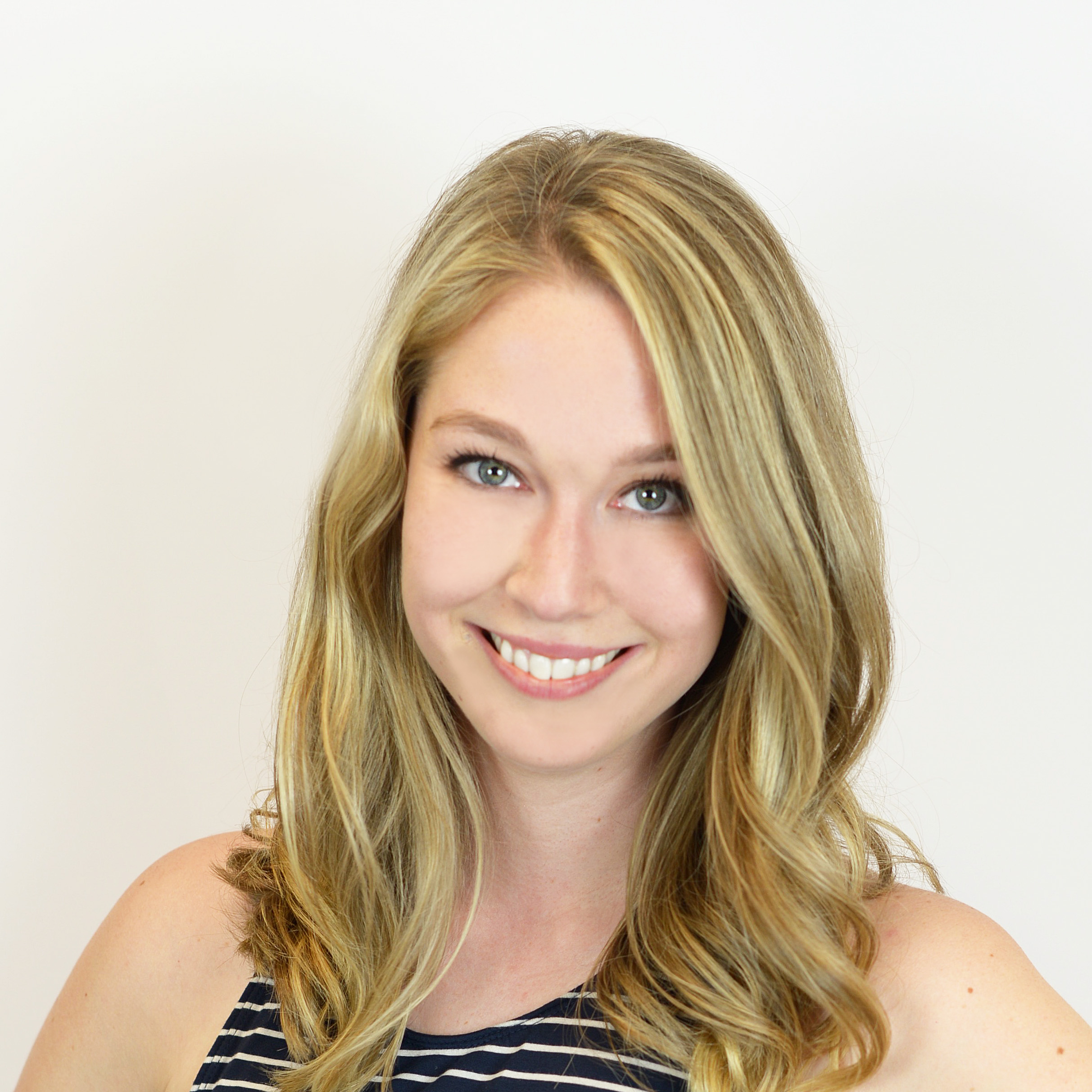
Unplugged Coding
Lauren Chapman, Elementary Teacher Candidate, BEd 2017
Getting your feet wet with computation thinking can be intimidating. Not to mention access to technology, such as ipads or laptops, isn’t always easy. Luckily there are many resources and unplugged activities to make this a fun and exciting opportunity for both you and your students! Lauren, a Teacher Candidate from the Elementary French cohort, will be sharing some simple yet engaging unplugged activities to help begin your journey into ADST.

Emerging Media Lab: The educational possibilities of VR & AR
Janet Chen, Undergrad Student, AMS Game Developers Association (AGDA)
To support learning and research and to provide UBC with a leading edge among other top universities, the Emerging Media Lab provides a collaborative space for UBC faculty, students and staff to explore emerging technologies and develop innovative tools and solutions. We will be giving demos of the HTC Vive at our presentation and discussing the immersive and transformative learning possibilities that virtual and augmented reality may provide for students of any background and level.
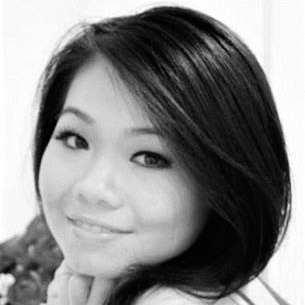
Event Volunteer
May Yuen
Event Schedule
Day 1: July 12
1:00pm — Welcome from the Dean
1:05pm — An open time for participants to browse between tables and engage with presenters
2:00pm — Door Prize Draw
Day 2: July 13 Maker Day
1:00pm — Welcome Dr. Samson Nashon
1:05pm — Open Exhibition for participants to roam
2:00pm — Door Prize Draw





